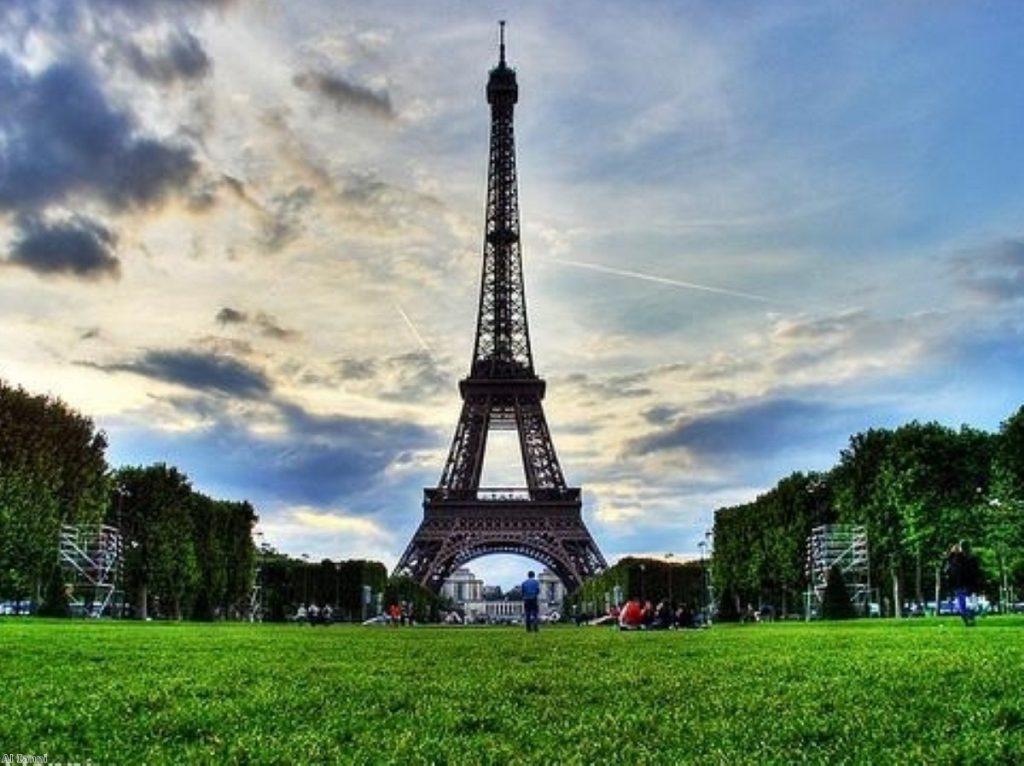The view from abroad: France crippled by strikes
By Ian Dunt
Travel operators were furiously trying to reorganise visits to France today after continuing strikes threatened to bring the country to a standstill.
As union leaders gathered for a rally in Westminster to protest against cuts to public spending, there was evidence of how polarised and brutal opposition to economic reform can become by events across the English Channel.
Half the flights in and out of Paris Orly airport and nearly a third of all flights to other airports are expected to be scrapped, the French civil aviation authority confirmed.


Ryanair has been forced to cancel 200 flights, while British Airways said there would be delays and disruption to its service.
A number of refuelling staff have also gone on strike in Charles de Gaulle airport.
Staff have gone on strike at 12 of the country’s oil refineries, with nearly 25% of the country’s gas stations now running dry.
Only half the high-speed TGV trains are running, while industrial action in Belgium saw the cancellation of the Eurostar service to Brussels.
The coordinated strike action is designed to combat president Nicolas Sarkozy’s attempt to raise the retirement age.
“The reform is essential and France is committed to it and will go ahead with it just as our German partners did,” the president said.
But the pressure on him will be enormous today as demonstrators undertake another day of action on the streets of France, with airport staff, teachers, bus and train drivers, postal workers, refinery workers and others coming together to protest the reform.
The last national day of protest, on Saturday, brought together one million people.
Legal experts in the UK said a similar situation was unlikely to develop in Britain, however, despite the large rally taking place in Westminster today.
Nick Squire, partner in Freshfields Bruckhaus Deringer, commented: “The private sector will be worried about a return to a strike-fuelled winter of discontent.
“However, industrial relations legislation has tightened since the strikes of the 1970s and early 1980s. As part of the focus on the market economy while Mrs Thatcher was in power, the balance between protecting the rights of individuals legitimately to strike and ensuring minimum disruption to enterprise started to tip in favour of enterprise.”
Mr Sarkozy was elected while promising to make France follow a more ‘Anglo-American’ style economic model, but in power he has shown little of the reformist zeal he exhibited in the campaign.

